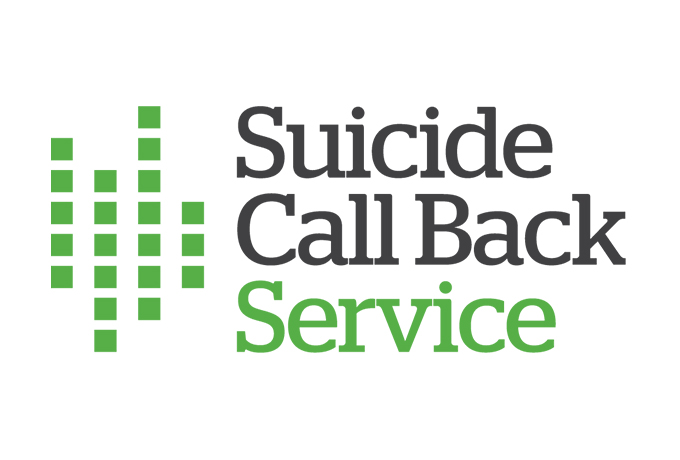During the client assessment, gather information from the client on what they feel will be helpful to them. This will help determine the next steps in accessing support.
Some reflective questions to consider for next steps:
- What can I do to increase this person’s safety?
- Does this person need to be hospitalised?
- Who else does this person see as being helpful and trustworthy?
- Who else can I involve in the ‘helping’ team for this person?
- For occasions where I am unavailable, what support is available?
- What does this person think will be helpful for them?
For more on assessing whether a client is thinking about suicide, see our resource on Completing a Risk Assessment.
Services available for referrals for suicidal clients
In an emergency
If you believe your client is in immediate danger, there are options available:
- Call 000 and request an ambulance. Stay on the line and be ready to answer the operator’s questions.
- Attend the local hospital emergency department.
Police welfare checks
If you have immediate safety concerns for a client who is not physically with you, contact the police and report your concerns. Police will perform a welfare check to determine the safety of the individual.
Crisis Assessment and Treatment Team (CATT)
The CATT Team provide 24/7 urgent assessment and short-term treatment services for people in serious mental health crisis where there are concerns about their safety.
Doctors, mental health professionals and other community service workers can contact their local CATT Team, many are available 24 hours a day by telephone.
The team can arrange an assessment and professional treatment for at-risk clients with a psychiatrist, psychologist, mental health nurse, or social worker.
The CATT service can also provide support and treatment for patients with acute mental illness who are able to be managed in the community.
CATTs are called different names across Australia, but perform essentially the same role:
- CATT (Tasmania, Northern Territory and ACT)
- Acute Care Teams (Queensland and NSW)
- Acute Community Intervention Service (Victoria)
- Mental Health Triage Service (South Australia)
- Mental Health Emergency Response Line (Western Australia).
To find your local CATT, visit the healthdirect website for more information.
Psychiatric Triage Service
Psychiatric triage provides phone consultation, advice, assessment and referral for people experiencing mental health issues. The service is also provided to health professionals and carers who are concerned for somebody with mental health issues.
The service is staffed by a team of experienced senior mental health clinicians who provide advice, consultation, assessment and referral.
For more information on Psychiatric Triage Services in your area, please consult your local public health unit.
National helplines
Suicide Call Back Service 1300 659 467
Suicide Call Back Service provides immediate telephone counselling and support to anyone affected by suicide, including clients at risk of suicide. They also offer a call back service, where clients may be able to receive up to four sessions of professional telephone counselling with the same counsellor, at a time that suits them. Suicide Call Back Service is available 24/7.
Lifeline 13 11 14
Lifeline provides all Australians experiencing emotional distress with access to free 24-hour crisis support and suicide prevention services.
Kids Helpline 1800 55 1800
Kids Helpline is a free confidential 24/7 online and phone counselling service for young people aged 5 to 25.
General considerations for health professionals
Here are some factors to consider when accessing support for someone who is at risk of suicide:
- Use clear definitions to identify, document and discuss suicidal behaviours.
- Understand personal beliefs, stigma and myths about suicide.
- Involve families and friends in the management of a suicidal client.
- Recognise that the relationship between clinician and client is an important factor in the management and treatment of suicidality.
- Advise clients that exceptions to confidentiality include circumstances where a client is judged to be at imminent risk of harm.
Professional self-care
Self-care is an important consideration when managing clients with suicidality. Ways to ensure professional self-care include:
- Undertaking professional supervision
- Debriefing
- Seeking support from colleagues
- Self-reflection.
Suicide Call Back Service is a free phone and online helpline delivered by professional counsellors 24/7. Call 1300 659 467.
In an emergency, call 000.






